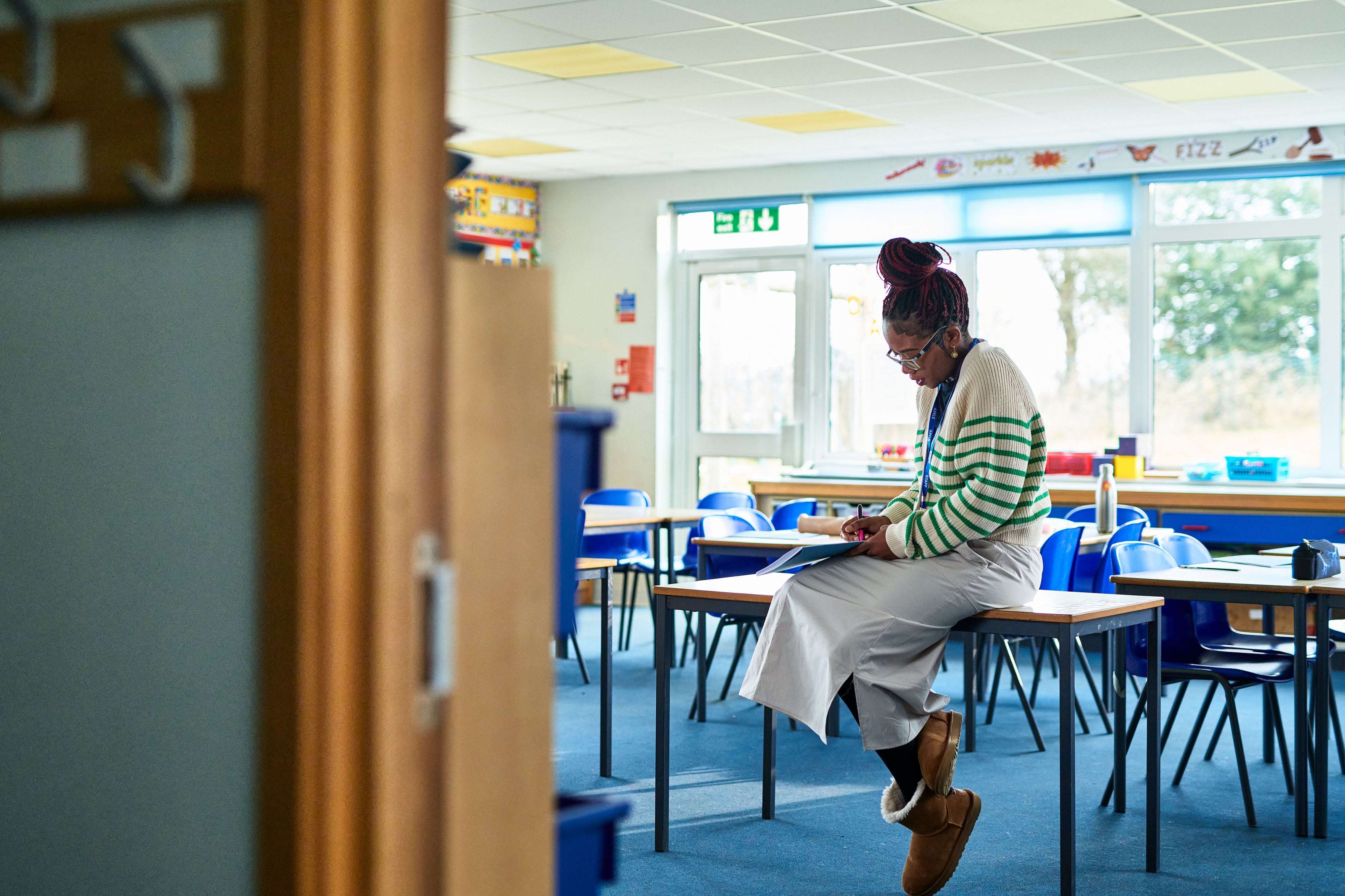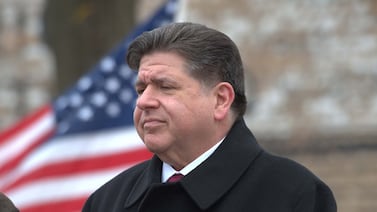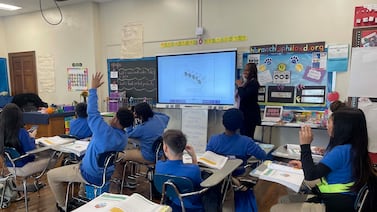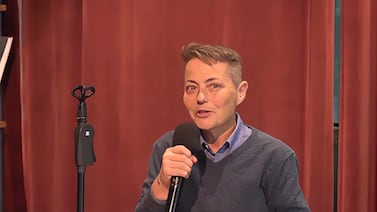Sign up for Chalkbeat Colorado’s free daily newsletter to get the latest reporting from us, plus curated news from other Colorado outlets, delivered to your inbox.
Colorado is seeking new applicants for a program that aims to address Colorado’s teacher shortage by providing stipends of up to $10,000 to educators teaching under alternative licenses while earning degrees.
Called the Educator Recruitment and Retention Financial Assistance Program, the program began in the 2021-22 school year with 80 educators, who agreed to work in rural school districts for three years as a condition of receiving the stipend.
In 2022, state lawmakers expanded the program to include educators all over Colorado, not just in rural districts. Participation exploded to 749 educators in 2022-23 and held fairly steady this past school year with an unofficial count of about 700 educators, according to a Colorado Department of Education spokesperson.
Nearly a quarter of the 749 educators who got the stipend in 2022-23 were educators of color, according to a state report. Just 16% of Colorado’s educators are people of color, according to state data.
That means that in addition to tackling Colorado’s educator shortage, the program could address another long-standing issue by helping to diversify Colorado’s teacher workforce.
To qualify for the stipend of up to $10,000, applicants must be enrolled in an approved traditional or alternative educator preparation program. The stipend must be spent on that program. Applicants must also meet one of these criteria:
- Have earned a bachelor’s degree or higher and been hired as an alternative or temporarily eligible teacher in a subject where there’s a teacher shortage. The list of teacher shortage areas is long and includes special education, elementary education, math, and science.
- Work as a paraprofessional in a school district, charter school, or BOCES.
- Been hired as a career and technical education instructor in a rural district.
The application process is open now through Sept. 30. The stipends are given out on a first-come, first-served basis. The state will open a second round of applications on Dec. 2.
In 2022-23, nearly a quarter of the 749 educators who got the stipends worked in special education, while another 23% worked in elementary education, according to state data. The next three most popular teaching subjects were English, science, and math.
The stipend recipients worked all over Colorado, in 138 of the state’s 178 school districts, according to the report.
This story has been updated to clarify that the stipends are for “up to” $10,000 and must be spent on expenses related to an approved educator preparation program.
Melanie Asmar is the bureau chief for Chalkbeat Colorado. Contact Melanie at masmar@chalkbeat.org.







